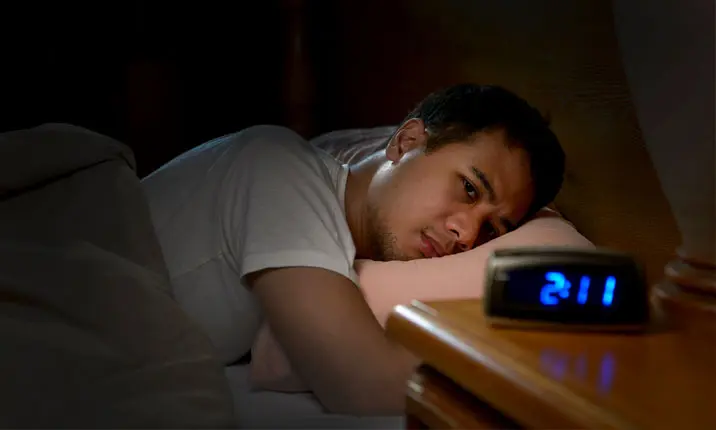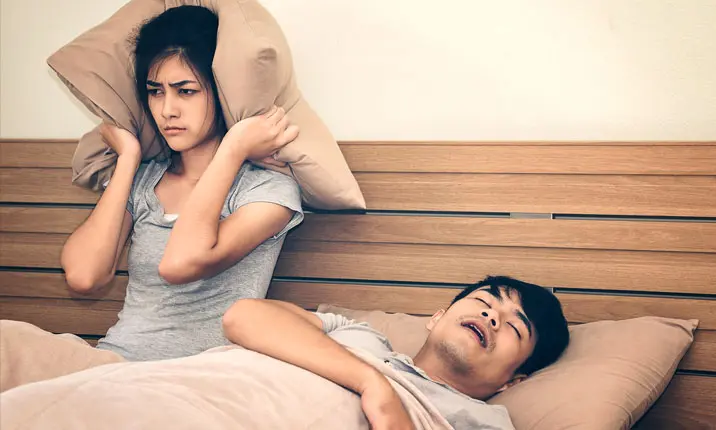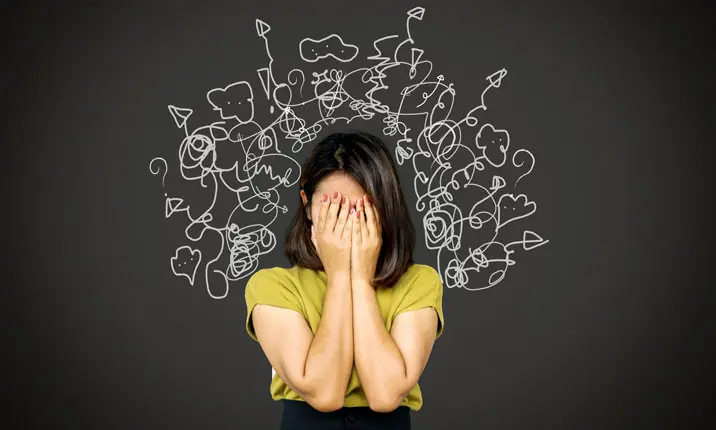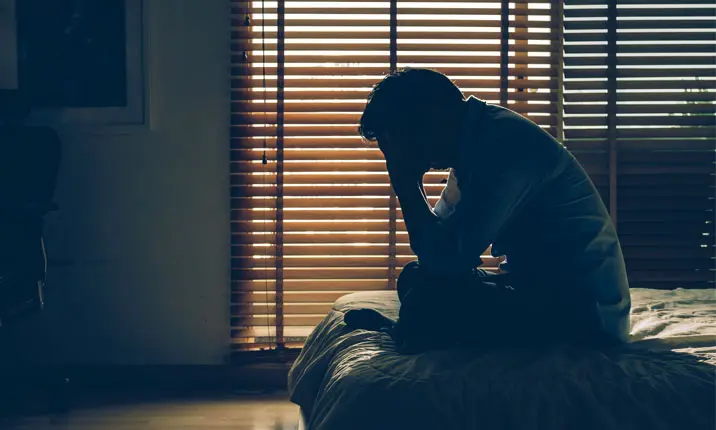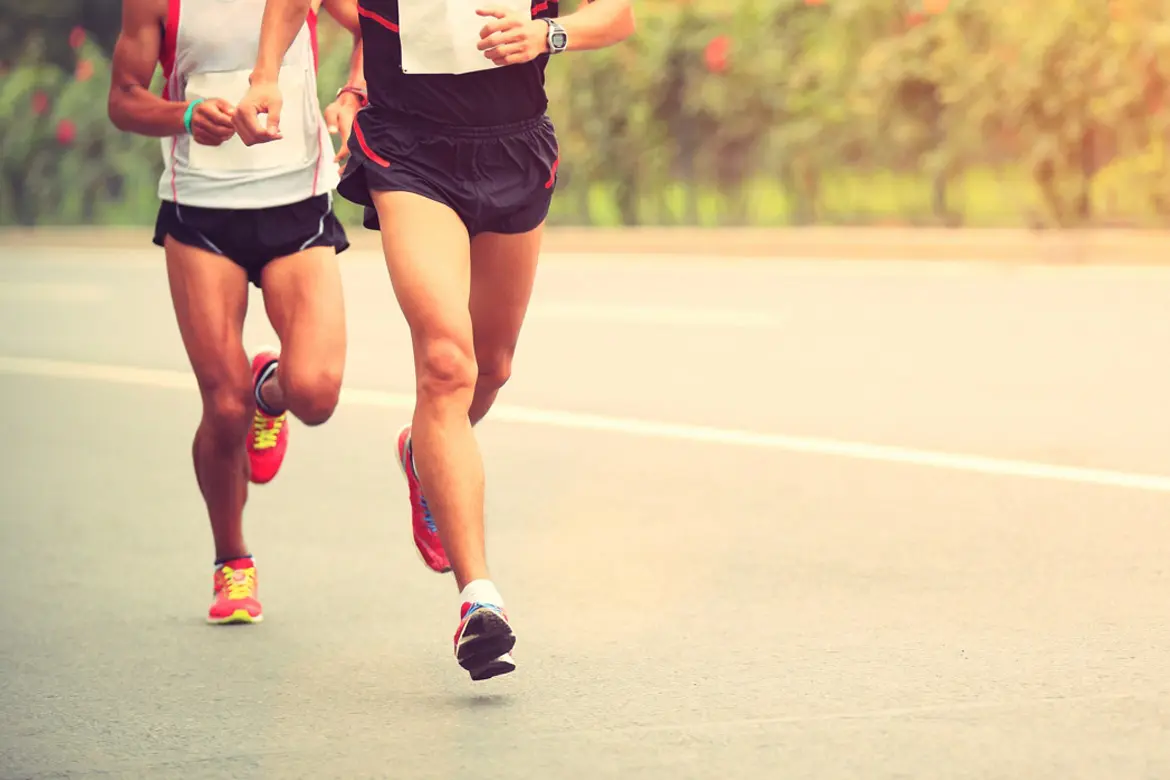In this article, we talk about the importance of sleep, mental wellness, and staying physically active.
Let's talk about sleep
Are you getting enough sleep? Do you feel refreshed after sleeping? In fact, in a survey of 43 cities published in 2014, Singapore was the 3rd most sleep-deprived among 43 cities, after Tokyo and Seoul. In a more recent Global Sleep Survey done on 13,000 adults across 13 countries in 2021 by Philips, Singapore ranked as the most sleep-deprived place after Japan, US and the UK.
What happens when we don't get enough sleep?
According to the National Sleep Foundation, adults need about 7 – 9 hours of sleep per day. Insufficient sleep can lead to irritability, reduced concentration, and increase the likelihood of mistakes at work, or worse, mishaps while driving a vehicle. It is also related to chronic health problems such as weight gain, hypertension, heart disease and stroke.
Conditions affecting the quantity of sleep
In our increasingly connected world, our quantity of sleep can be affected by constant distractions from digital devices like our smartphones, or even the disability to disconnect from work. Other factors include a culture of prolonged working hours exacerbated by working from home.
Conditions affecting the quality of sleep
The most common conditions affecting the quality of sleep are chronic insomnia and obstructive sleep apnoea.
In a local study, about 40% of patients with chronic insomnia were diagnosed with obstructive sleep apnoea, while around 50% were diagnosed with a psychiatric disorder, with the most common being generalised anxiety disorder, followed by obsessive compulsive disorder and depression or low mood.
Factors affecting sleep
- An environment that is not conducive for sleeping
- Physical or medical conditions such as thyroid problems, or medical conditions that cause pain, itching, frequent urination, cough, and breathlessness
- Medications, especially those with side effects such as frequent urination
- Substances such as caffeine, nicotine, and alcohol
What is insomnia?
Insomnia is a condition where patients experience difficulty falling asleep or staying asleep. They may also experience stress from not getting enough sleep, which may worsen the insomnia.
Possible factors contributing to insomnia include:
- Poor bedtime habits or poor bedtime hygiene, such as using the bed for work, excessive screen time before bed, or indulging in heavy meals before bedtime
- Psychiatric disorders such as anxiety and depression
- Circadian rhythm problems due to shift-work or jet lag
- Medical conditions such as thyroid disorders, or use of medications that cause increased urination and the need to wake up at night to use the bathroom
Speak to your doctor if you think that you might be suffering from insomnia because you should not have to continue to suffer from poor sleep.
Your doctor may assess your bedtime habits and advise on good bedtime hygiene, such as not using your laptop or phone close to bedtime, and making the bedroom a conducive environment as part of your nightly sleep routine. Behavioural techniques, such as relaxation therapy, may also help improve sleep. In some cases, patients are prescribed medications for a short period of time to help improve their sleep.
What is sleep apnoea?
Sleep apnoea is a condition that affects the quality of sleep. Symptoms include snoring, and may be accompanied with episodes of gasping, choking or not breathing (apnoea).
Symptoms of sleep apnoea include:
- Episodes of apnoea, snoring, gasping or choking at night, usually noticed by a partner
- Feeling excessively sleepy in the daytime, with no known causes
- Feeling lethargic despite sleeping an adequate number of hours
- Frequent morning headaches, reduced concentration, impaired memory, and irritability
Risk factors of sleep apnoea include:
- Increased age
- Male gender
- Being overweight or obese
- Underlying medical conditions such as diabetes and heart conditions
Speak to your doctor if you suspect symptoms of sleep apnoea. They may recommend a sleep study to monitor your breathing, heart rate, and oxygen levels while you sleep. This can be done in a sleep lab or, in some cases, with a medical-grade wearable ring, which provides a convenient and affordable way to track key sleep metrics at home.
Treatment for sleep apnoea includes weight loss, using a CPAP (continuous positive airway pressure) therapy, and, in some cases, surgery to address the breathing obstruction while sleeping.
Make an appointment with a Parkway Shenton doctor or an ENT specialist. They can advise whether a sleep test, either home-based or lab-based, is necessary.
Let's talk about mental wellness
According to a national study in 2016, 1 in 7 people in Singapore have experienced a mental disorder in their lifetime. And the most common conditions are major depressive disorder, alcohol abuse and obsessive compulsive disorder. More than three-quarters of these people did not seek professional help for their conditions.
During the COVID-19 pandemic, there was also an increase in the number of people suffering from symptoms of depression and anxiety. According to the COVID-19 Mental Wellness Taskforce Report (2020):
- 8.7% met the criteria for clinical depression
- 9.4% met the criteria for clinical anxiety
- 9.3% met the criteria for mild to severe stress
The top sources of stress include feeling worried for family or friends who may get infected with COVID-19, financial loss due to loss of work opportunities, or having to take unpaid leave, and unemployment.
What are the symptoms of anxiety?
It is normal to feel a short period of stress when we are rushing for deadlines or exams, but prolonged and constant worrying, which is unrealistic and often out of proportion, may be part of a generalised anxiety disorder. Left untreated, this may interfere with the daily functioning of the person's life, and even affect relationships with their loved ones.
Signs of anxiety include:
- Feeling restless and/or irritable
- Feeling tense
- Difficulty concentrating or focusing on tasks
- Unable to control or stop worrying
- Difficulty sleeping
- Unrealistic view of problems
- Unable to tolerate uncertainty
- Sometimes associated with panic attacks and/or a feeling of doom
Treatment for anxiety disorders includes psychotherapy and learning relaxation techniques. Medications may be prescribed if the anxiety interferes with daily function and well-being.
What are the symptoms of depression?
Depression is a prolonged and chronic mood disorder where one feels sad most of the time, teary, and even hopeless.
Other signs of depression include:
- Being unable to enjoy usual hobbies or activities you once enjoyed
- Feeling tired most of the time
- Unable to concentrate or focus on tasks
- Difficulties with sleep
- Appetite changes, eating more than usual, or eating less than usual
- Feeling irritable
- Having suicidal thoughts
To treat depression, your doctor may advise on lifestyle changes, counselling, and psychological intervention to help your symptoms. In some cases, medication may be prescribed to help the condition.
Psychological conditions such as anxiety and major depression are conditions covered under the Ministry of Health's Chronic Disease Management Programme (CDMP) in Singapore. Patients fulfilling criteria are able to use their MediSave to manage the treatment costs of these chronic conditions.
Let's talk about being active
The Singapore Physical Activity Guidelines 2022 recommends a minimum of 150 – 300 minutes of moderate to intensity aerobic physical activity per week, and to engage in muscle-strengthening activities at moderate or greater intensity on at least 2 days a week.
Physical activity improves our brain health and reduces the risk of physical and mental illnesses such as anxiety and depression.
Tips to start getting active
It takes a little bit of effort to start moving, but once you get into the routine, it will be easier!
Some tips to start getting active:
- Find out what motivates you
- Start gradually and build up your momentum
- Find an activity you enjoy
- Get into a routine and stick to it
- Reward yourself regularly


